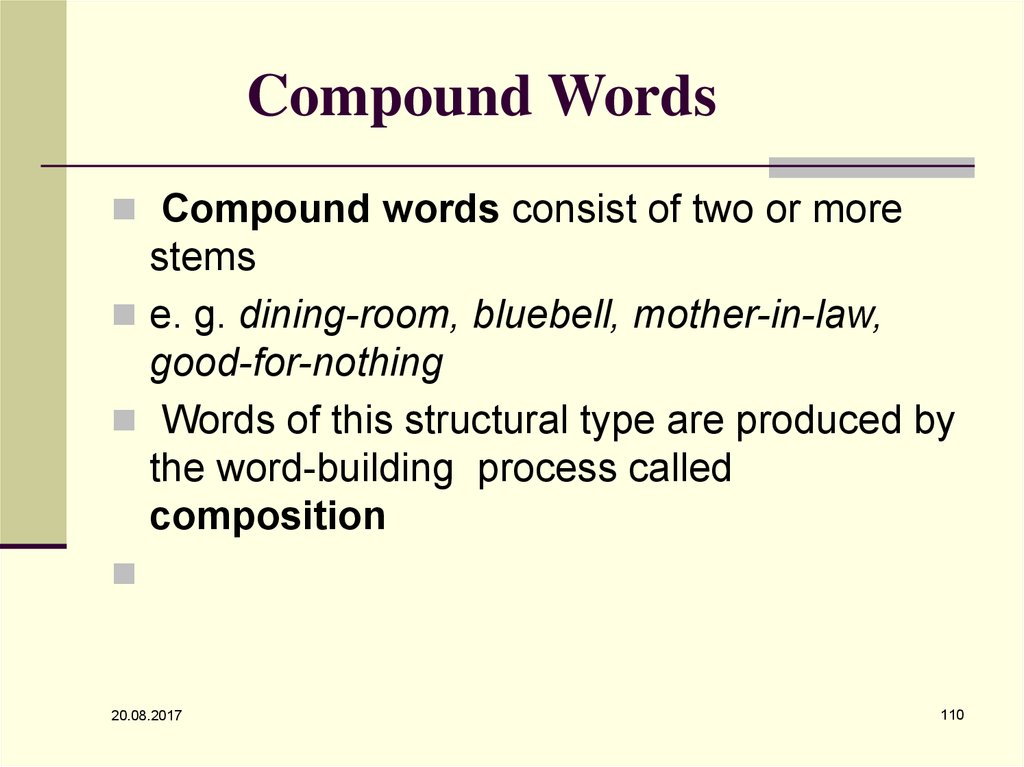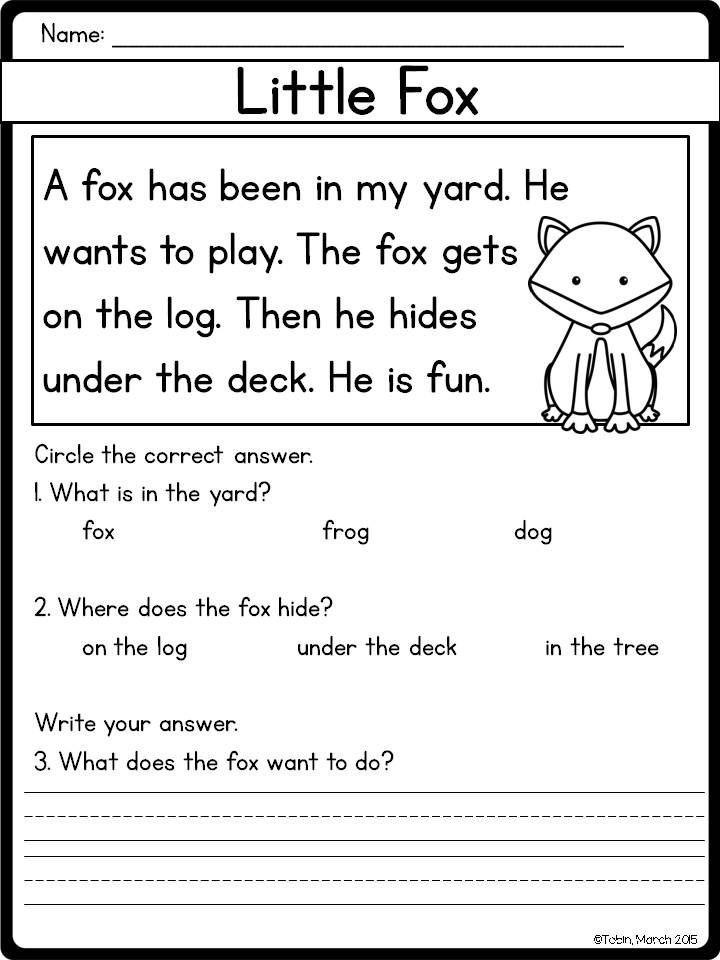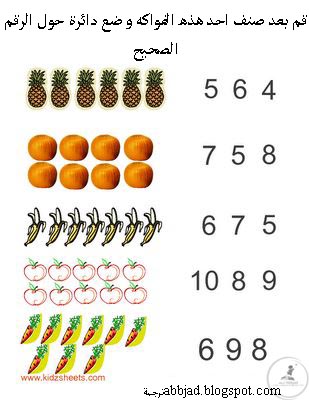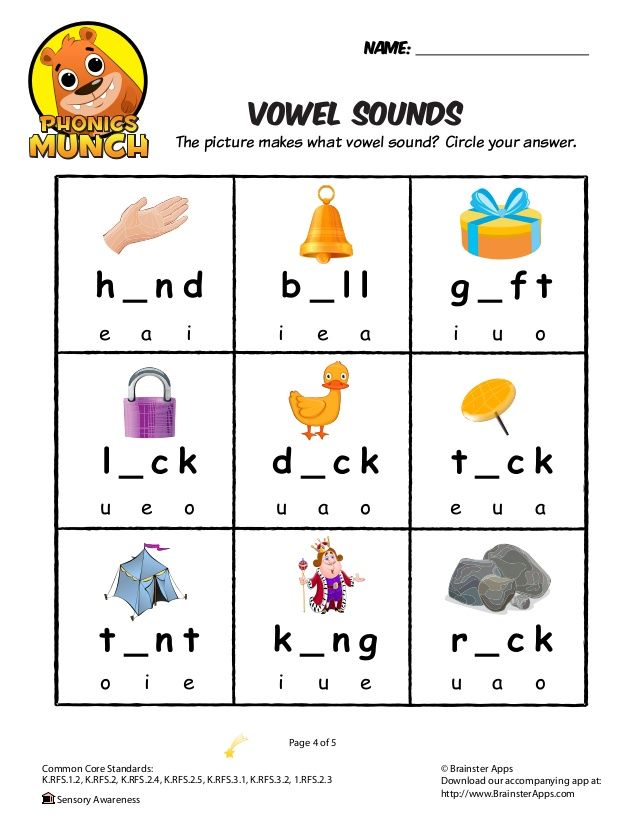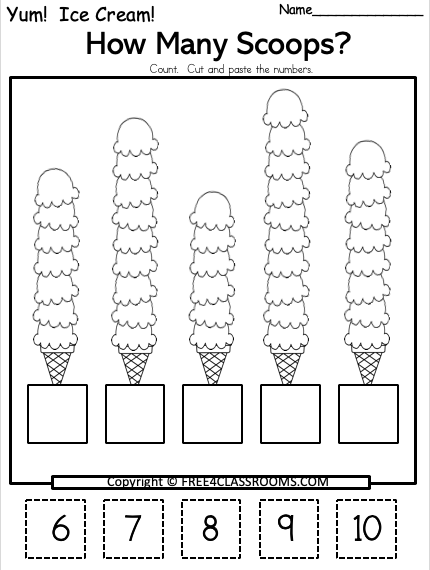Compound words with meaning
Compound Words: Everything You Need to Know
The words pancake, living room, and merry-go-round have something in common.
They are all examples of compound words.
The noun compound means something made up of two or more separate components. Compound can also be an adjective meaning consisting of two or more parts or components.
A compound word is one word, or one unit of meaning, that is created by joining two or more separate words together.
What Are Compound Words?
A compound word is a word made up of usually two but sometimes more words that are joined together. The two (or more) that make the compound word are independent words; they have their own distinct meanings. When those words are joined and form a compound word, that compound word has its own new meaning.
The Three Types of Compound Words
Compound words can take three possible forms: closed, open, or hyphenated. In closed form, there is no space between the joined words. In open form, there is a space between the “joined” words that still act as one unit, and in hyphenated form—you guessed it! There is a hyphen between the joined words.
These general “rules”—which are somewhat fluid and flexible—provide guidance as to what format a compound word takes.
Closed compound words are usually nouns: They put on makeup.
Open compound words are usually nouns or verbs: I have to make up (verb) that exam at my high school. (noun)
Hyphenated compound words are usually adjectives or adverb-adjective combinations: I have to take a make-up (adjective) exam. I will be well-prepared. (adverb + adjective)
The key word in each of those examples is “usually.” Some compound words break the rules. We'll see how soon.
We'll see how soon.
1. Closed Compound Words
To review: closed compound words are usually made up of two separate words that are put together to form a new word. There is no space between the two words in a closed-form compound word; the compound appears as one single word.
Examples of Closed Compound Words
Cup + cake becomes cupcake
Basket + ball becomes basketball
Key + board becomes keyboard
Extra + ordinary becomes extraordinary
Birth + day becomes birthday
You can see through these examples that the meaning of the compound word is not just a merger of the independent definitions of the individual words that join together to make that compound.
However, there is a relationship between the individual word meanings and the compounds. Compound words have been integrated into language as speakers have discovered those relationships. It makes perfect sense to call a cake that could fit into a cup a cupcake and to call a ball thrown through a basket (now a hoop) a basketball.
It makes perfect sense to call a cake that could fit into a cup a cupcake and to call a ball thrown through a basket (now a hoop) a basketball.
The rules for compound words, listed earlier in the post, include the word usually. That word means the rules are not hard and fast, and there are examples of compound words that break those rules.
For example, compound words that are verbs are usually open form, but here are rule-breaking closed-form compound verbs that remind us to hold those rules loosely:
I need to proofread my essay.
I think the clerk shortchanged me.
I have to babysit my little sister.
2. Open Compound Words
In an open compound word, there is a space between the two independent words, though they are still treated as one unit with a new “compound meaning.”
Examples of Open Compound Words
Living room: as a unit, this compound noun refers to a room in a house.
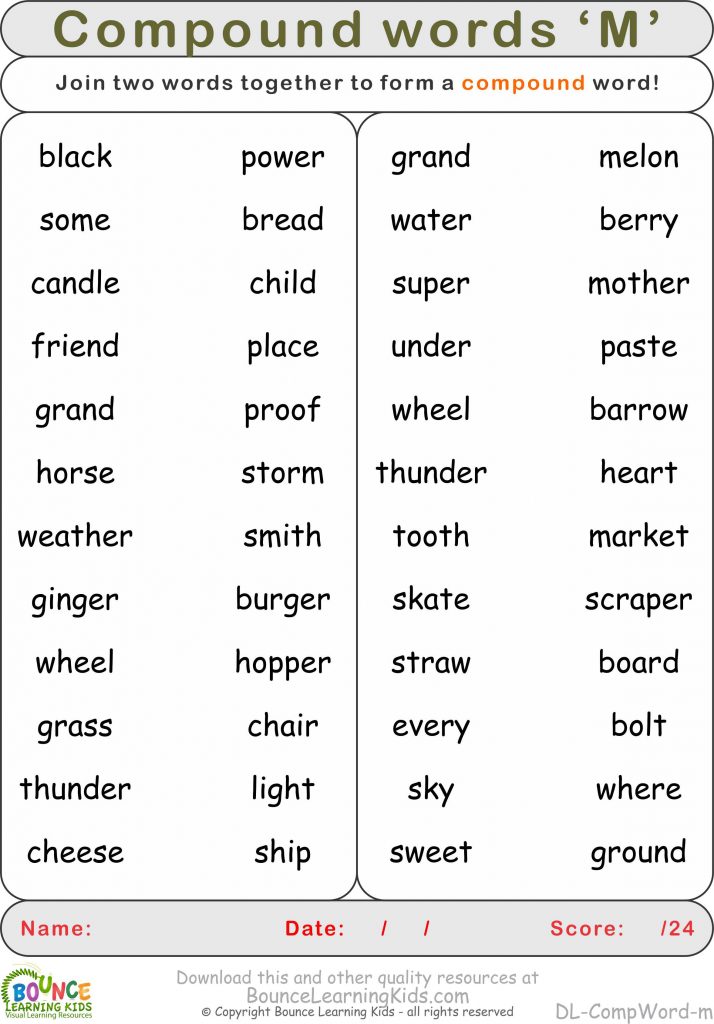
High school: as a unit, this compound noun refers to a school that has students in grades 9-12.
Post office: as a unit, this compound refers to a building where mail is collected, sorted, and sent.
Give up: as a unit, this compound verb means to stop trying.
Ask for: as a unit, this compound verb means to request something.
3. Hyphenated Compound Words
Hyphenated compound words have hyphens between each of the independent words that serve as connectors. The hyphens are a visual cue that the words form one unit.
Some compound words are always hyphenated.
Did you notice that all of those examples are nouns? Remember: the rules are flexible!
Examples of Hyphenated Compound Adjectives:
When compound words are used as adjectives (officially known as compound adjectives), the hyphenation rules change depending on where the compound adjective comes in the sentences.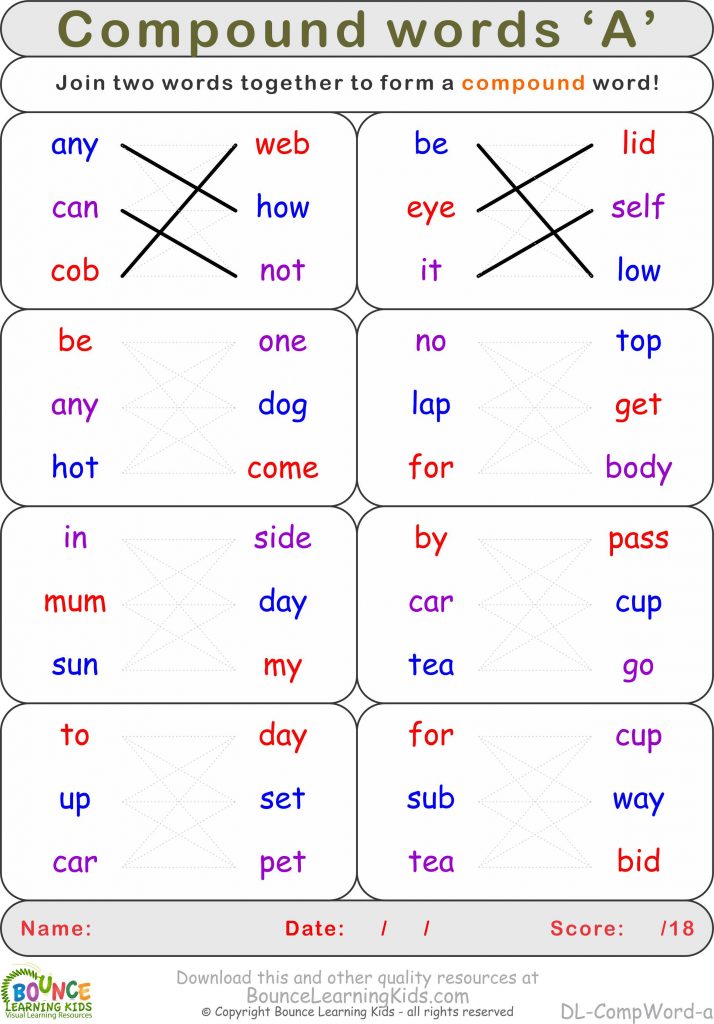
If the compound adjective comes before the noun it modifies (describes), you should usually add a hyphen:
Of course, there are exceptions. Remember, those “rules” are flexible. Some compound adjectives that precede the nouns they modify never take a hyphen. For example, ice cream and high school:
- High school students
- Ice cream sundae
There’s really no “why” to explain these exceptions; we’ve just adopted these forms and made them part of our language.
Examples of Open-Form Compound Adjectives
If the compound adjective comes after the noun it modifies, the hyphen is usually omitted.
Make sure the files are up to date. “Up to date” modifies, but comes after, the noun “files.”
The cat is two years old. “Two years old” modifies, but comes after, the noun “cat.”
Though post-noun modifiers don’t technically take hyphens, according to Merriam-Webster, usage trends indicate the hyphens are often included anyway, if the compounds “continue to function as unit modifiers. ” So there’s that flexibility again.
” So there’s that flexibility again.
A grammar guru, style editor, and writing mentor in one package.
Try it for free!What About Adverb Compounds?
It’s easy to find examples of closed, open, and hyphenated adverbs.
As for the closed-form examples, we probably don’t even register them as compound words much of the time.
Sometimes
Thereafter
Somewhere
Open-form adverbs occur when the adverb is the first word in the compound and ends in -ly. You should not hyphenate after an -ly adverb.
We made the discovery early on.
Her opinion is highly regarded.
They entered the dimly lit room.
What to Do If You’re Not Sure Which Form Is Right
While those flexible rules can help you, there may still be times when you feel confused about which compound form to use.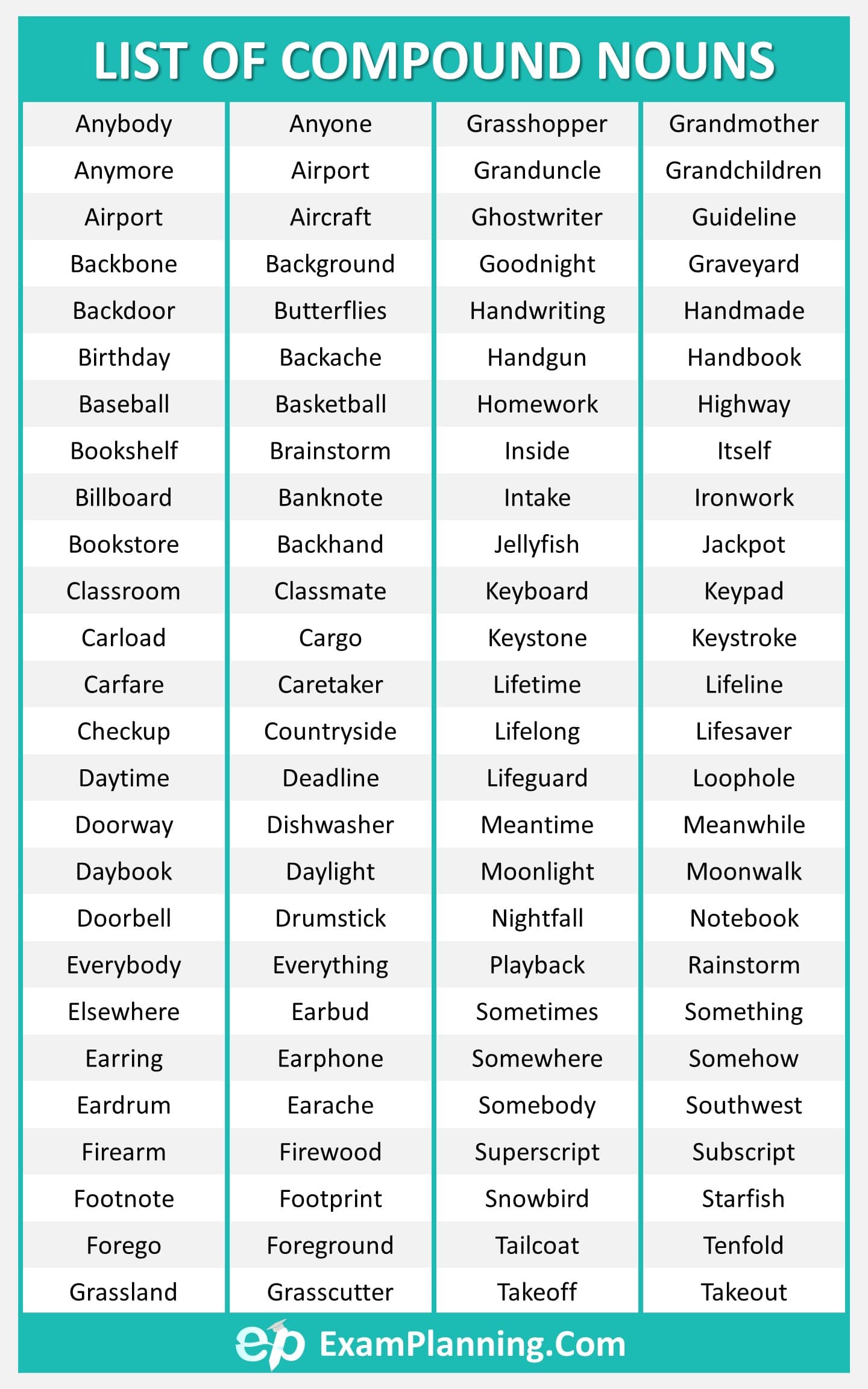 Don’t stress too much.
Don’t stress too much.
According to Merriam Webster, the rules are more like patterns. You may see differences in different publications depending on editorial choice and style. For example, I looked on Amazon for a teapot. I saw mostly teapots, but also a few tea pots. Out of curiosity I put “tea pot” into a New York Times search bar, and found articles from the 1800s that included “tea-pot” in the title!
While interesting, those stylistic changes and choices shouldn’t be too surprising. Language is fluid and ever-evolving. Compound words themselves are proof of that evolution.
Keep Clarity the Focus
The purpose of hyphens in compound words is to ensure clarity. For example,
In the first example, I know by the hyphen that the medicine "I" bought did not require a prescription. "Over-the-counter" is one unit—one compound—describing a type of medicine.
In the second example, "over the counter" is serving another purpose and, while the words form a phrase to tell me where "he" passed the medicine, hyphens do nothing to make the purpose of the phrase clear and are therefore unnecessary.
Now look at these examples:
- He owned a little-used car.
- He owned a little used car.
In the first example, I know the man owns a car that has not been driven much. The car is described by the compound modifier "little-used."
In the second example, it seems that the man owns a used car that is also small, or little. In this example, putting a comma after "little" would help to separate the two words, "little" and "used," and show that they aren't intended to work as a compound.
ProWritingAid Can Help
Though you’re a compound-word expert now, if you find yourself with lingering doubts, remember that ProWritingAid is here to help. It will let you know if you’ve added an unnecessary hyphen after an -ly adverb, or if you’ve left one out of a pre-noun compound adjective. You don’t have to write alone!
Take your writing to the next level:
20 Editing Tips from Professional Writers
Whether you are writing a novel, essay, article, or email, good writing is an essential part of communicating your ideas.

This guide contains the 20 most important writing tips and techniques from a wide range of professional writers.
Examples of Compound Words by Type
Compound words are an easy way to add interest to your writing. By combining two ideas in one word, you can quickly provide all the information needed. These examples of compounds will show you how it's done.
Grandmother Illustration With Compound Word Example
Advertisement
What Are Compound Words?
A compound word is formed when two words are combined to make a new word. It is one of the ways in which the English language is flexible and always changing, as compound words allow people to create new words as the need arises.
For example, you might use “in” and “side” to create the compound word “inside”.
We should play inside today.
The words “carry” and “over” can make the compound word “carry over”.
We can carry over that surplus into the next sprint.
As you can see, compound words can come in different varieties. Explore examples of each.
Examples of Compound Words
When it comes to compound words, there are three different types that are important: closed-form, open-form, and hyphenated. Dive into how each type of compound word is different.
Closed-Form Compound Word Examples
Closed compound words are formed when two fully independent, unique words are combined to create a new word. For example, you would combine “grand” and “mother” to create the closed-form word “grandmother”. In a sentence, this would look like, “My grandmother is coming over.” These are the most common types of compound words.
For example:
- bullfrog
- snowball
- mailbox
- grandmother
- railroad
- sometimes
- inside
- upstream
- basketball
- anybody
- outside
- cannot
- skateboard
- everything
- schoolhouse
- grasshopper
- sunflower
- moonlight
Open Compound Word Examples
Open compound words are formed when two words remain separate on the page but are used together to create a new idea with a specific meaning.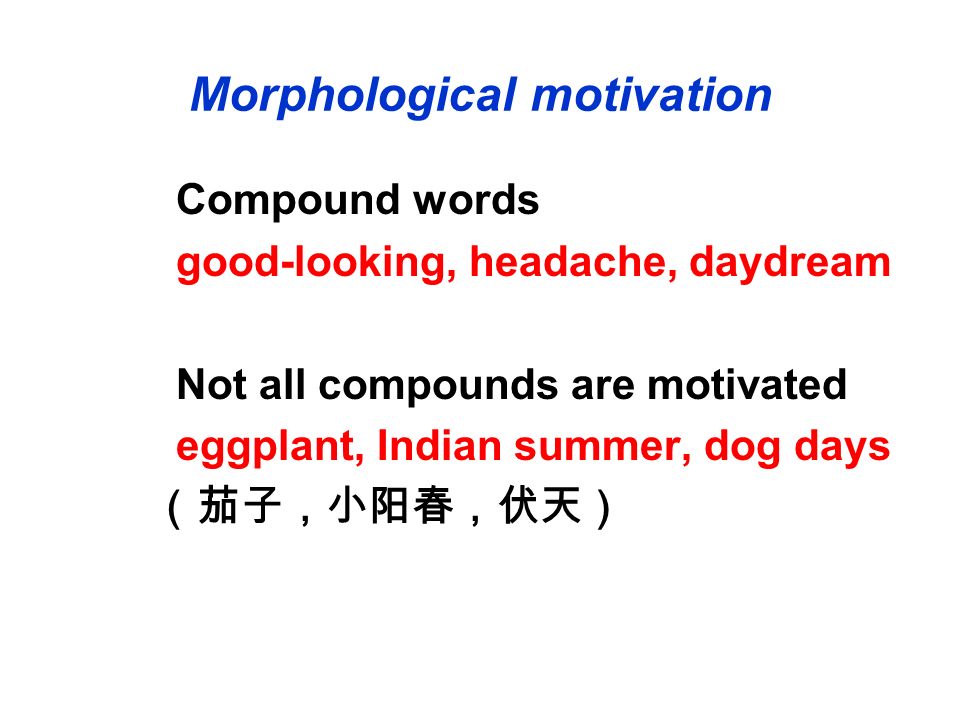 For example, “attorney” and “general” are used to form the open compound word “attorney general”. You could see this in the sentence, “The attorney general holds the power in legal matters.” Other examples of open compounds include:
For example, “attorney” and “general” are used to form the open compound word “attorney general”. You could see this in the sentence, “The attorney general holds the power in legal matters.” Other examples of open compounds include:
- peanut butter
- Boy Scouts
- no one
- ice cream
- real estate
- high school
- living room
- sweet tooth
- hot dog
- grand jury
- post office
- full moon
- half sister
- cave in
Advertisement
Hyphenated Compound Word Examples
Hyphenated compound words are formed when two separate words are joined together by a hyphen. Examples of hyphenated compound words include:
- two-fold
- check-in
- merry-go-round
- father-in-law
- seventy-two
- long-term
- up-to-date
- mother-in-law
- one-half
- over-the-counter
Note that hyphenated compound words are most commonly used when the words being joined together are combined to form an adjective before a noun. For example:
- forty-acre farm
- full-time worker
- on-campus housing
- state-of-the-art features
- family-run busines
However, these hyphenated compound words become open compounds when they are placed after the word they describe. For example:
- The farm has forty acres.
- The worker is full time.
- The housing is all on campus for freshman
- Its features are truly state of the art.
- The business is still family run.
Compound Words in Sentences
Now that you learned about the different types of compound words, see if you can find the compound words in the sentences below.
- My grandfather is coming home for the holidays.
- I really want a peanut butter and jelly sandwich.
- The real estate agent had to take a test to get her license.
- She is a part-time teacher.
- That is our full-time worker.
- I’m so tired of looking for on-campus housing.
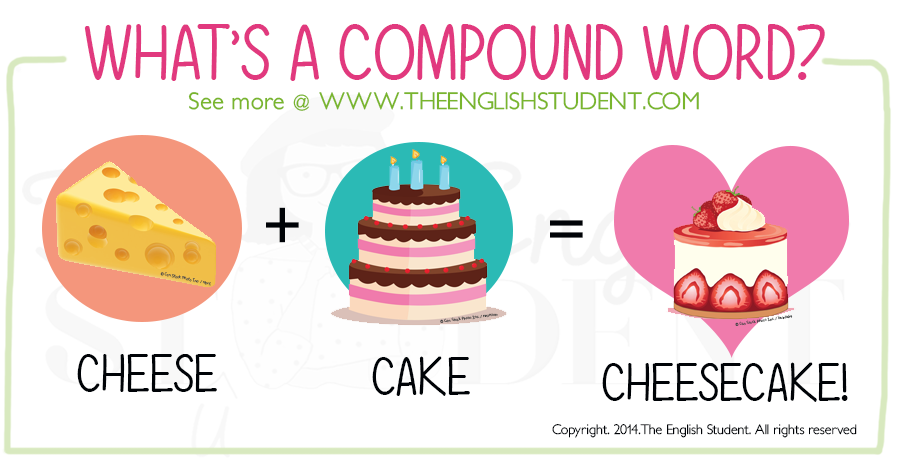
- He was seventy-two years old.
- Let’s go play some basketball
- Has anybody seen my binder?
If you have those down, try creating a few sentences using compound words that you create!
Advertisement
Compound the Reader's Interest
By adding compound words to your writing, you can make your ideas more interesting and descriptive for the reader. The addition of too many compounds can be messy, especially hyphenated compound words; so, be sure to use compound words wisely. Like any seasoning, they are best sprinkled throughout your writing instead of used in every line.
Now, that you have a grasp of compound words, you might want to dive into some compound sentence examples.
M.A. English
- 7th grade
- 8th grade
- 9th grade
- middle school
- high school
- college
- 6th grade
Related Articles
What Is a Compound Noun? Definition, Examples and Rules Explained
When two or more words join together to make a single noun, like keyboard or bookstore, that's a compound noun.
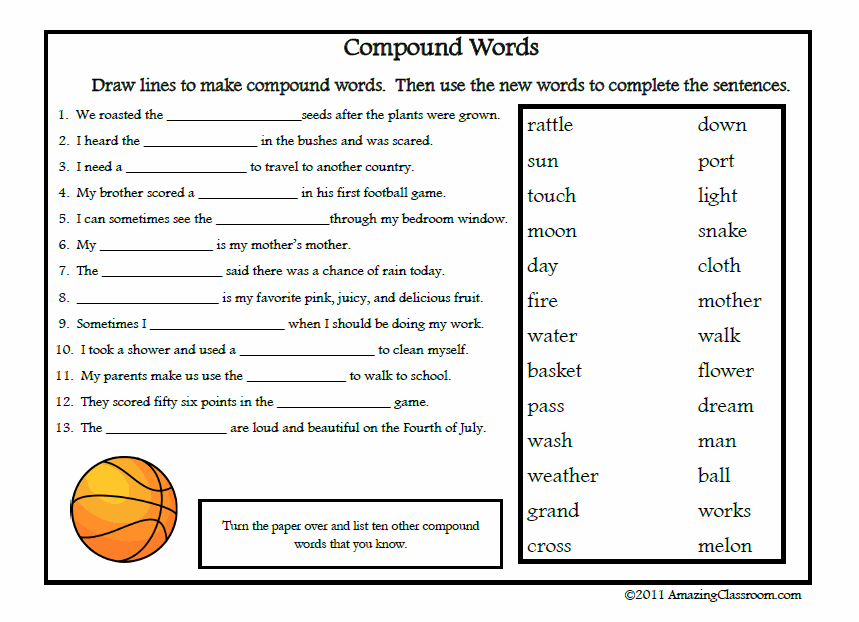 The new noun has a new meaning that may be quite different from its starter words. But compound nouns don’t have to be stuck together — depending on the noun, they can be hyphenated (like ten-year-old) or even open (like ice cream).
The new noun has a new meaning that may be quite different from its starter words. But compound nouns don’t have to be stuck together — depending on the noun, they can be hyphenated (like ten-year-old) or even open (like ice cream).When and How To Use a Hyphen ( - )
Hyphens join related words together in a sentence, such as in father-in-law, five-year-old and sugar-free. They prevent misunderstandings and clarify writing. But when should you use a hyphen — and is a hyphen the same thing as a dash? Find out when a hyphen is necessary, when it’s optional, and when you don’t need one at all.
Clever words for conversation - abstruse words for communication and their meaning in the dictionary. List of synonyms for obscure words.
Clever words, borrowed from other languages, are designed to strike those around you with the intellect of the speaker or writer. And after all, many people want to know abstruse words for communication and their meaning, but they are too lazy to just look for them on the Internet and use them in simple speech.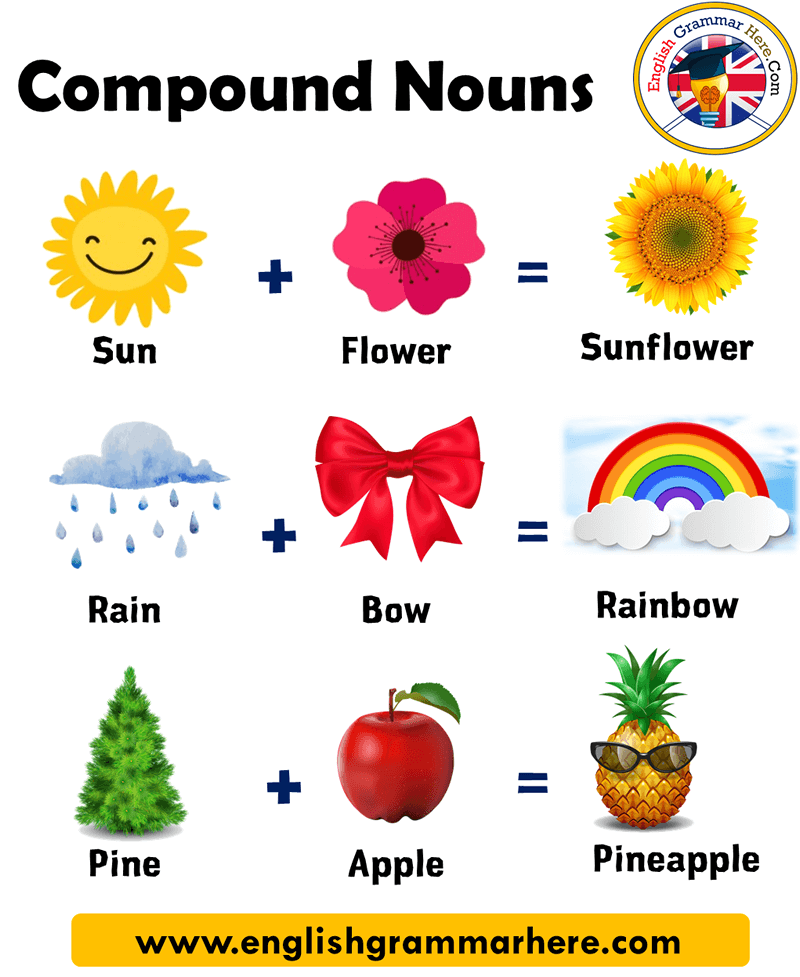 It's time to finally compile a dictionary of the most incomprehensible words in Russian and their meanings and memorize them! Where and how will it help you? For example, in reviews of new films, performances and books, in conversations with colleagues, in talk shows on TV and the blogosphere, here and there flash with an important air "insight", "kurtosis", "existential" and, of course, trendy "cognitive dissonance". And you do not understand a word, and no one wants to feel "close-minded" and ignorant.
It's time to finally compile a dictionary of the most incomprehensible words in Russian and their meanings and memorize them! Where and how will it help you? For example, in reviews of new films, performances and books, in conversations with colleagues, in talk shows on TV and the blogosphere, here and there flash with an important air "insight", "kurtosis", "existential" and, of course, trendy "cognitive dissonance". And you do not understand a word, and no one wants to feel "close-minded" and ignorant.
Do you remember the proverb “The word is not a sparrow; if it flies out, you won't catch it”? Of course, we cannot give a complete list of the smartest words in the world that can be used for conversation, and their meaning, but we offer you a list of literate smart words for communicating with people (and their meaning) - a sort of mini-dictionary of popular smart expressions .
Smart nouns
The most useful tricky words with meanings that everyone should know are nouns, because they are the basis of our speech.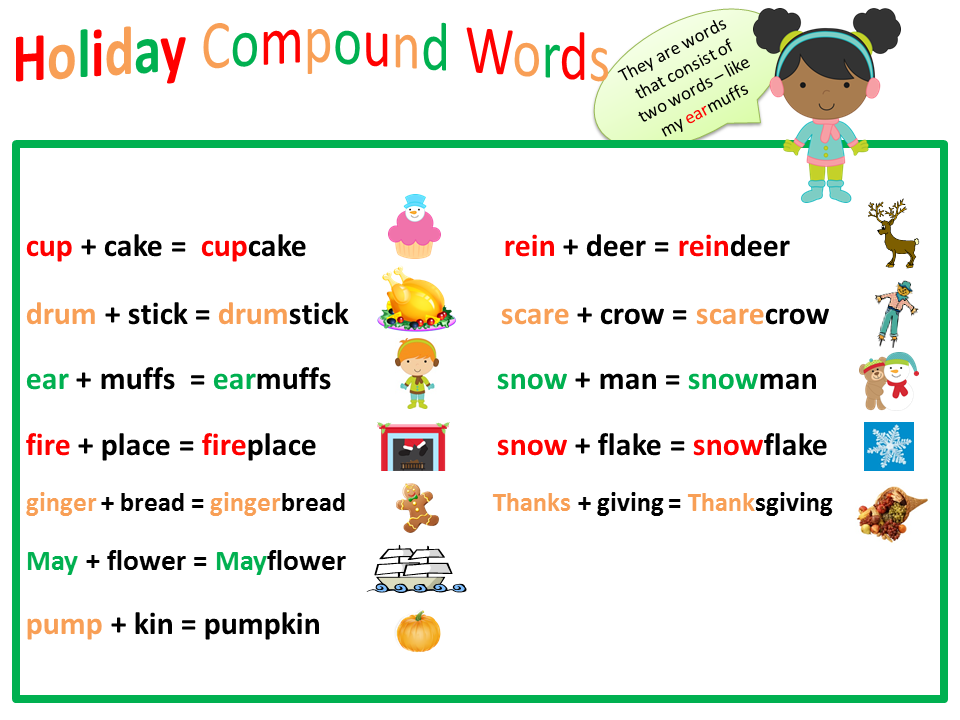 All these smart words, such as "insight", "collaboration", "frustration" ... So, we replenish the vocabulary with long smart words that you need to know by heart.
All these smart words, such as "insight", "collaboration", "frustration" ... So, we replenish the vocabulary with long smart words that you need to know by heart.
ADDICTION
The English word addiction characterizes addiction, an addiction, a way of avoiding reality. Addictions are not only alcoholism, gambling, drug addiction, smoking. Psychologists assure: a similar addiction mechanism is found in those who overeat, live and burn at work, love extreme sports, spend days on the Internet, love creativity and ... fall in love. Another thing is that the forms of addiction are divided into acceptable by society, like the same workaholism or falling in love, and unacceptable, like excessive craving for alcohol.
AMPHIBOLICITY
Amphibolicity is the ambiguity of a concept, its contradictory interpretation. As a rule, this word is rarely used - in dissertations, at court hearings, or in biochemical papers. But it’s not bad at all to understand if someone says “this is amphibolic” or “the amphibolic nature of this concept baffles me, because I adhered strictly to one line,” and you understand that it’s all just about the ambiguity of the concept you are discussing.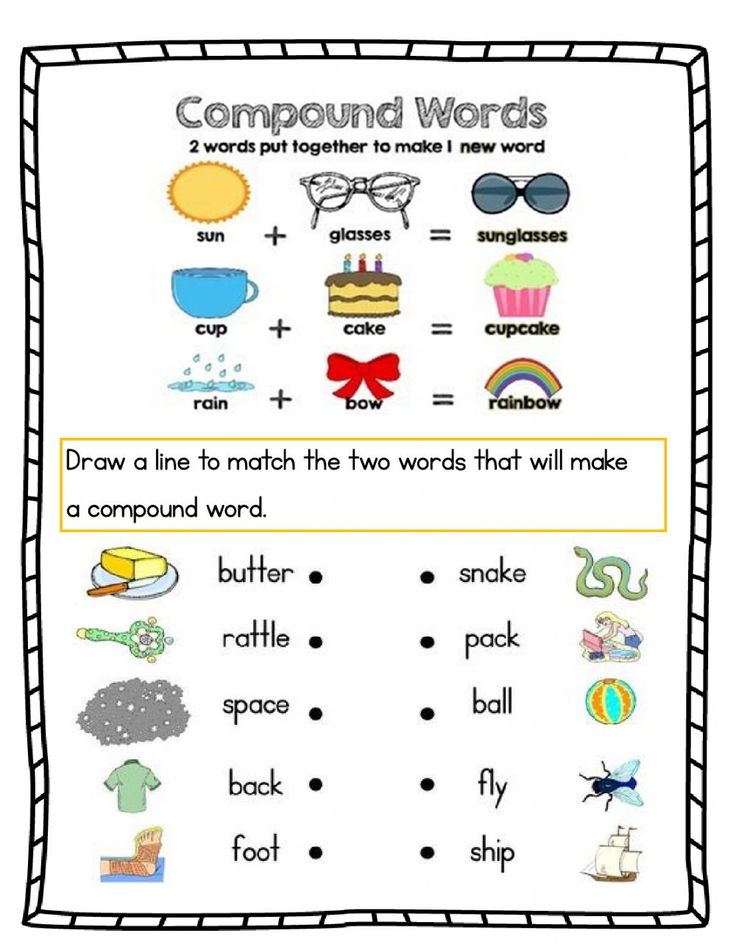
VIS
"French" vis-a-vis in Russian can be both an adverb ("sit vis-a-vis", that is, opposite each other), and a noun, both masculine and feminine ("my smart counterpart", "your beautiful counterpart" ). You have every right to call your counterpart the one who is opposite you, with whom you are sitting face to face.
IDIOSYNCRACY
What did Stirlitz mean when he said: “I have an idiosyncrasy to rhyme”? The fact that he is completely devoid of a poetic gift. He was modest, of course ... The word with ancient Greek roots (idos - “separate, special”; synkrasis - “mixing”) was familiar only to physicians for a long time, but came into wide use as a synonym for the words “allergy”, “rejection”: “Yes, he has idiosyncrasy for everything new!”, “I have an idiosyncrasy for empty talk.”
INSIGHT
Translated from English, "insight" literally means insight, insight. This concept is used in philosophy and psychology to convey insight, a sudden understanding of something that is not inferred from past experience.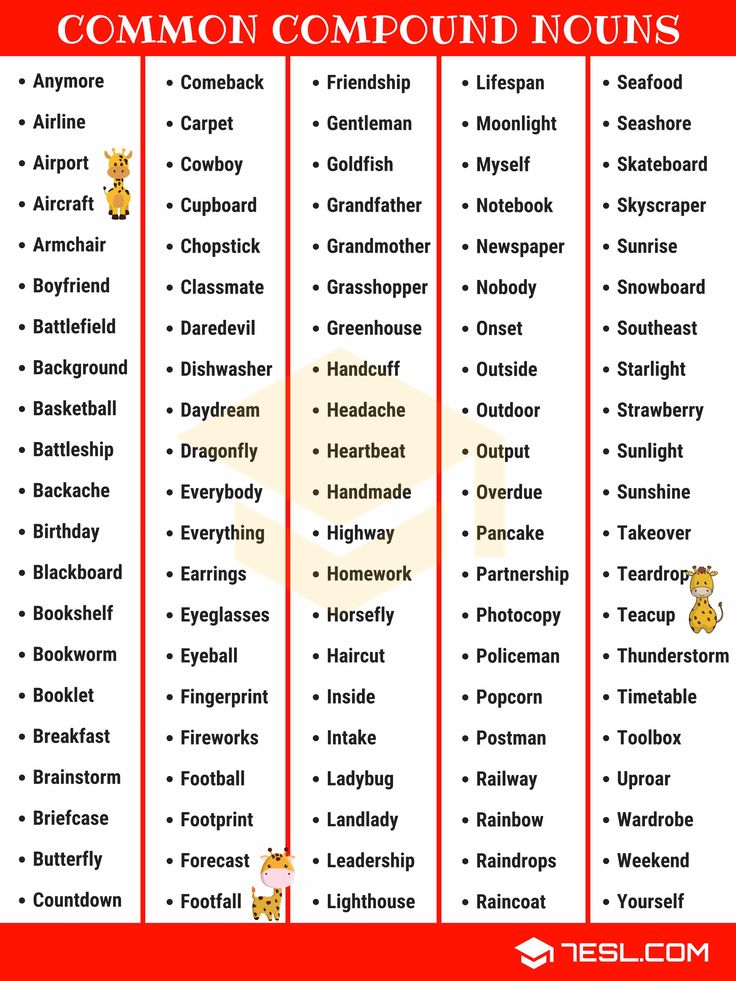 So someone will say: “And then it dawned on me!” – and someone will proudly say: “I had an insight!”
So someone will say: “And then it dawned on me!” – and someone will proudly say: “I had an insight!”
COLLABORATION
The association of several equal, independent participants in order to achieve common goals in fashion, art, business, science and education is called a collaboration (from English collaboration - cooperation). For example, at the end of March, in honor of the 50th anniversary of the fantastic Star Trek franchise, the MAC cosmetics company announced the release of the Star Trek beauty collection. The make-up options will be borrowed from the movie characters of the franchise and brought to life with 25 limited-edition products for lips, eyes and face. The start of sales is in August 2016.
CARRYLISM
The phenomenon in which the interlocutor asks you a question again, although he heard it perfectly. Why is he doing this? Scientists say that a person does this consciously or subconsciously in order to have more time to formulate an answer. They (or their colleagues) are still arguing about the origin of the word. Many associate him with the American politician John Kerry, who at the end of 2015 could not immediately answer the question of a Russian student and asked him several times. If someone wants to accuse you of being slow to respond, tell him that this is nothing more than carrilism, and you need a couple of seconds to formulate an answer.
They (or their colleagues) are still arguing about the origin of the word. Many associate him with the American politician John Kerry, who at the end of 2015 could not immediately answer the question of a Russian student and asked him several times. If someone wants to accuse you of being slow to respond, tell him that this is nothing more than carrilism, and you need a couple of seconds to formulate an answer.
LIPOPHRENIC
Remember this: "Don't touch me, old woman, I'm sad." It was not Ivan the Terrible who said this, but a lipophrenic. In more detail, a lipophrenic is a person who feels irresistible sadness, melancholy and does not know the reasons for the appearance of this condition. Lipophrenia, which is also called apathy, depression, melancholy, usually appears from being alone for a long time, from routine activities or insufficient activity (which is relevant for today's youth), as well as from a lack of positive emotions. If you don’t want to wear the not-so-proud name “lipophrenic”, do your favorite things more often, prefer live communication to virtual communication, walk more in the fresh air.
NATIFORM
Have you ever seen stones shaped like a heart or a tomato with a nose? If yes, then you are halfway to understanding the word “natiform”. But here is a more particular case, because a natiform is a natural formation that resembles the outlines of a female body or part of it. It could be a tree that you looked at from a certain angle and saw shoulders, chest, waist, hips… Or rocks in a rock looking so bizarre that it reminded you of your ex. These are all natiforms.
PALINPHRASY
Have you noticed that some people repeat one word or phrase in almost every sentence? If not, you are lucky, and if you have met with this, congratulate your friend: he has palinphrasia. It is not contagious, but it is absolutely unpleasant when in every sentence you will be told "sir" or "I told you that ...". And so in a circle. As a result, you will not hear other words, lose the essence of the narrative and generally lose any interest in the conversation.
SYNERGY
When this word is called, they usually remember its arithmetic “formula”: 1 + 1 = 3.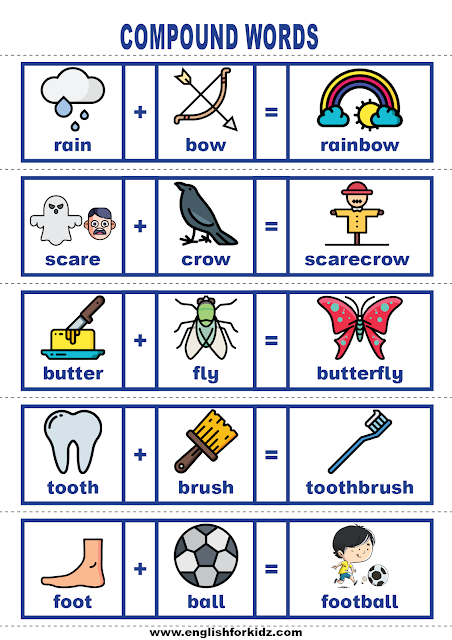 Ancient Greek synergeia is translated as “cooperation, commonwealth”. It means an amazing effect that occurs when several subjects or objects interact. This summed effect exceeds the return from the actions of each participant in the process separately. An example of synergy: you have mastered a few secrets of applying concealer, and your friend knows all the intricacies of mascara. By sharing life hacks, both of you, without losing your previous experience, will gain a new one, that is, you will grow up in the art of makeup.
Ancient Greek synergeia is translated as “cooperation, commonwealth”. It means an amazing effect that occurs when several subjects or objects interact. This summed effect exceeds the return from the actions of each participant in the process separately. An example of synergy: you have mastered a few secrets of applying concealer, and your friend knows all the intricacies of mascara. By sharing life hacks, both of you, without losing your previous experience, will gain a new one, that is, you will grow up in the art of makeup.
SOPHISTICS
The philosophical current in Ancient Greece, whose followers were famous for their ability to cunningly conduct scientific disputes, gave a name to verbal statements based on the juggling of facts, simplifications, and violations of logic. Another sophist (from the ancient Greek sophia - “skill, skill, cunning invention, trick, wisdom, knowledge”) is brilliantly able to prove obvious absurdity: “Half-empty is the same as half-full. If the halves are equal, then the whole ones are equal.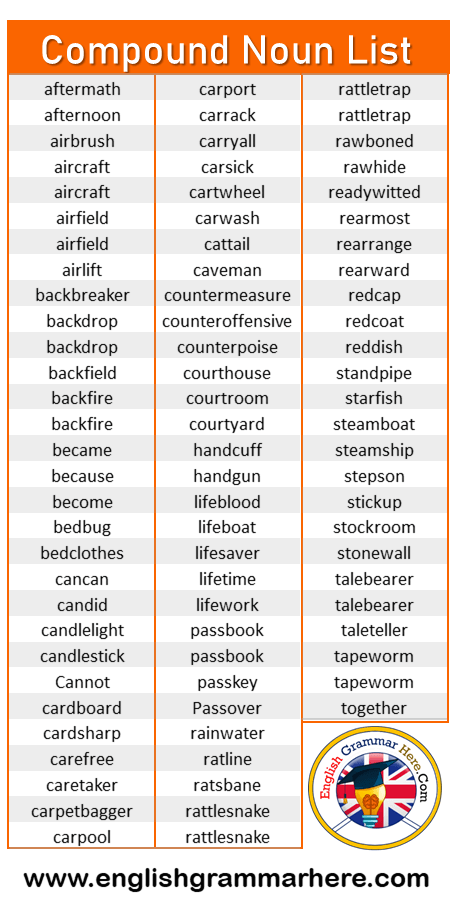 Therefore, the empty is the same as the full. Therefore, sophistry in a figurative sense is called any speech that is built on false conclusions, but disguises itself as correct, logical.
Therefore, the empty is the same as the full. Therefore, sophistry in a figurative sense is called any speech that is built on false conclusions, but disguises itself as correct, logical.
TOUCHET
Borrowed from the sports field, the word “touchér” (touchér in French - touch) draws a line to a certain dispute, when one of the interlocutors recognizes the correctness, superiority of the other after a decisive argument or a verbal injection - suddenly you competed not in knowledge of the topic and in wit? Touche, the argument is counted, as fencing injections or throws on the back of wrestlers, performed in accordance with all the rules, are counted.
FRUSTRATION
To fall into a state of frustration (Latin frustratio - deceit, failure, futile expectation) means to experience a whole range of negative feelings due to the inability to achieve the desired. For example, you were planning a vacation at sea, you had already packed your suitcase, and suddenly your boss postpones your vacation a month later because of an important project that you cannot do without.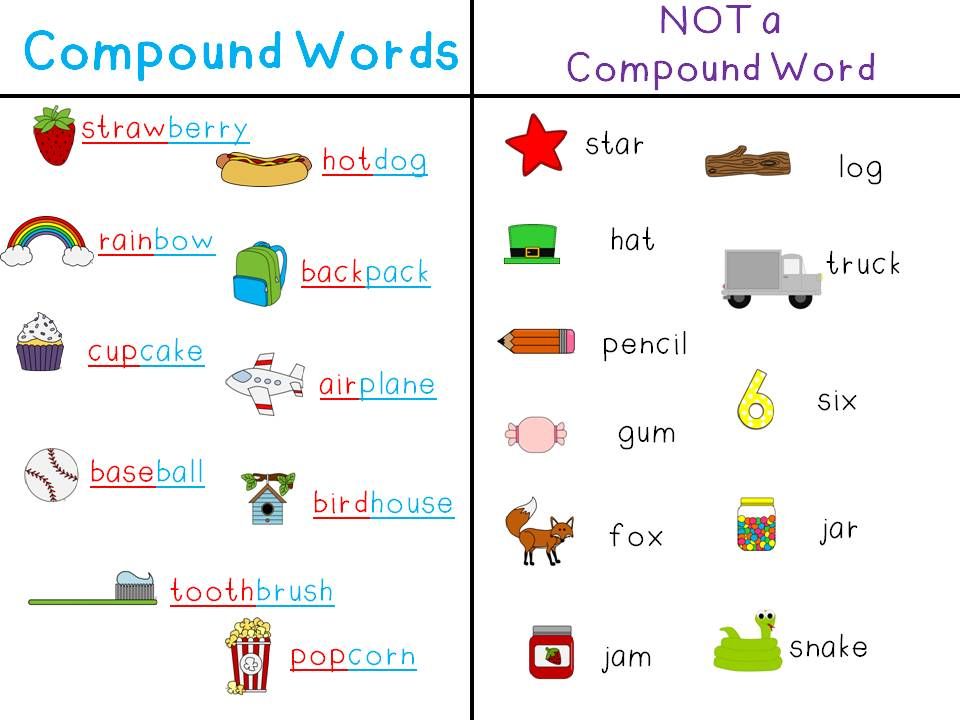 It is natural that you feel anger, despair, anxiety, irritation, disappointment and hopelessness... Frequent experience of such states, psychologists say, spoils the character, affects self-esteem.
It is natural that you feel anger, despair, anxiety, irritation, disappointment and hopelessness... Frequent experience of such states, psychologists say, spoils the character, affects self-esteem.
EGO-CENTRIC
The egoist's namesake is egocentric (from the Latin words ego - "I" - and centrum - "center") is still not similar to him. The egocentric is focused on his own inner world, point of view, his interests, needs and does not notice others, but is able to "move", help others, hear them if he is asked for support. Egocentrism in one way or another is inherent in everyone. The egoist sees other people's interests, but deliberately ignores them, opposes himself to others, always putting his person in the first place.
EXCESS
Latin excessus means "exit, evasion". In Russian, the word consonant with “process” has two meanings. The first is an extreme manifestation of something: “This is not literature, but graphomaniac excess!” The second is an emergency, a violation of the normal course of events: "Her gossip caused a real excess in the team.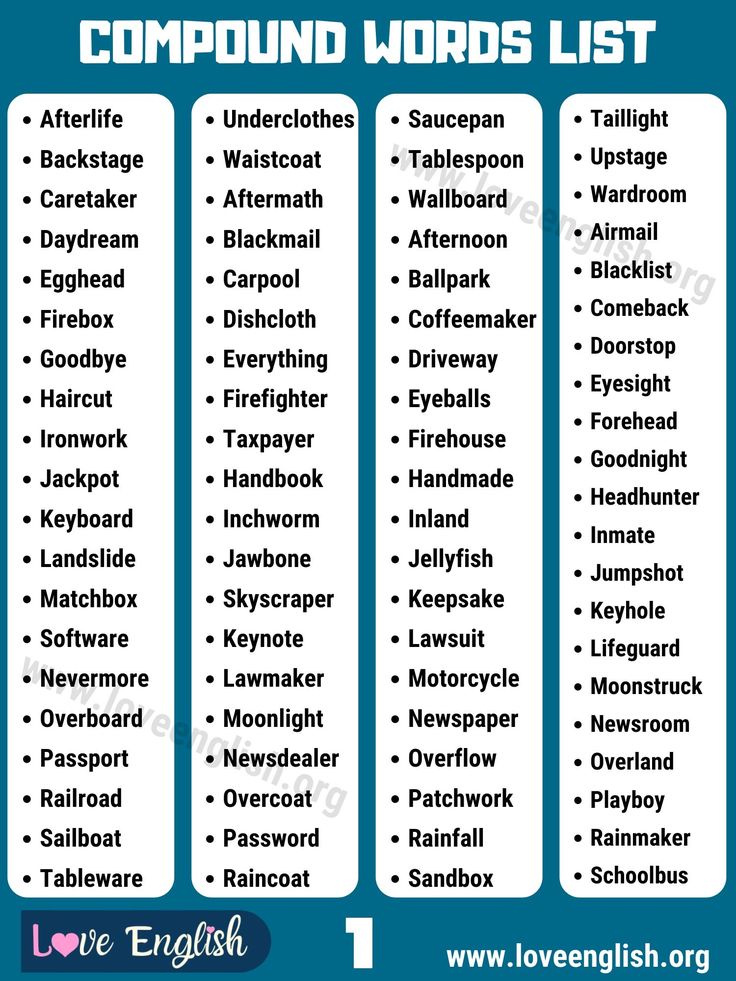 "
"
ESCAPADA
A daring, shocking, provocative, headstrong stunt in the style of Salvador Dali, Lady Gaga or Miley Cyrus, for example, a rotten herring on a hat or a dress made of raw meat - this is an escapade. The French word escapade also has a second meaning - an adventure trip - not in demand in our language.
Clever adjectives
After nouns, it's time to see the dictionary of smart adjectives for every day and their meanings, because it is the presence of adjectives in your speech that will distinguish you from other interlocutors. Decorate your speech with little-known smart words, believe me: this will help you in all areas of life. Such unfamiliar intelligent words (and their meanings) will help raise your status both among friends and among colleagues.
APSCAL
Derived from the English adjective upscale - “high quality, first class, exclusive”. Characterizes the absolute embodiment of the desired properties in any subject, object: upscale interior design, upscale sound, upscale image.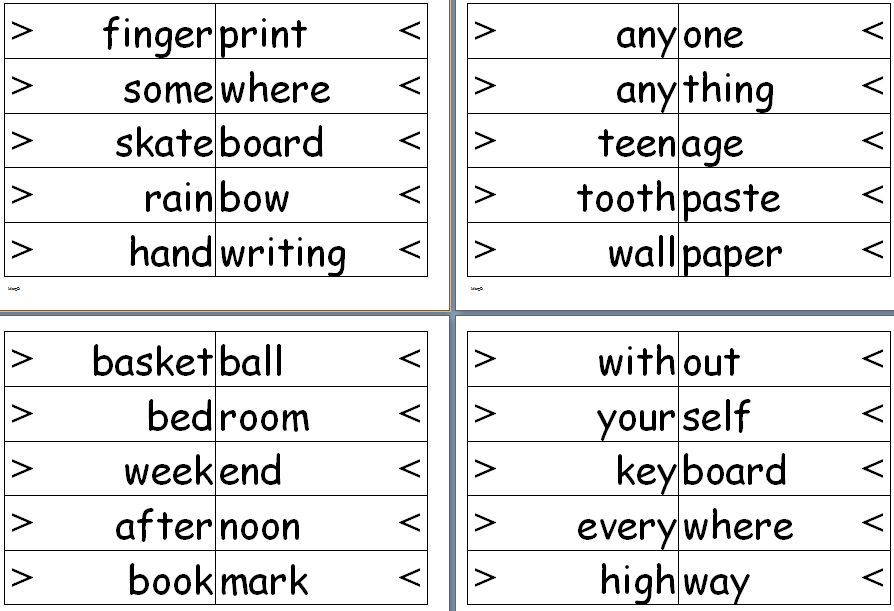
VERBAL
This adjective has nothing to do with a tree with fluffy buds, but very much so with our speech. Latin verbum is translated as "word", so "verbal" is verbal, oral. For example, verbal thinking, verbal intelligence, verbal method. There is also the adjective "non-verbal" - not having a verbal expression: non-verbal communication, non-verbal signals.
DEVIANT
What do they mean when they talk about deviant behavior? The French word deviation characterizes a deviation from the norm, whether it is the position of a compass needle, the course of an aircraft or a ship, as well as a feature of the human psyche. In other words, deviant behavior destroys the personality and health of those who prefer an antisocial lifestyle, and also causes moral and material harm to others.
COGNITIVE
Translated from Latin cognitio is knowledge, cognition. The adjective "cognitive" describes a person's ability to acquire knowledge, to know the world around him and himself.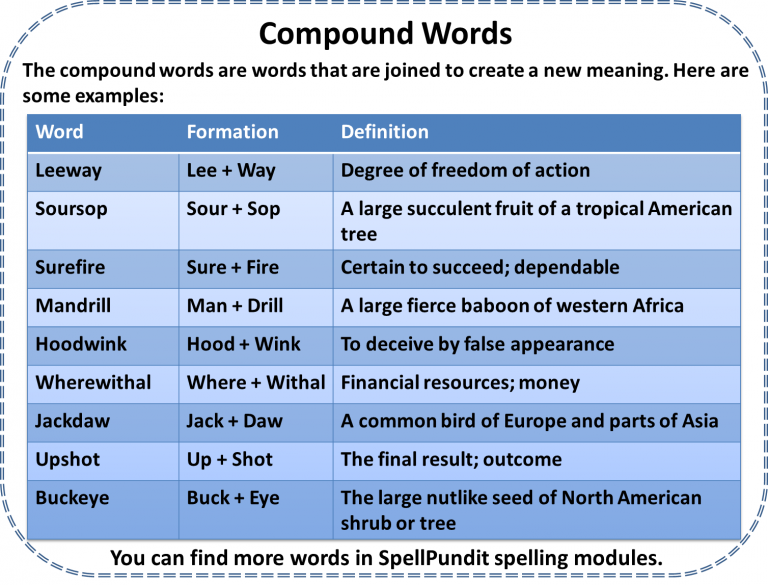 This psychological term would not be so popular without its companion, the "Frenchman": dissonance means "discord, disharmony, inconsistency."
This psychological term would not be so popular without its companion, the "Frenchman": dissonance means "discord, disharmony, inconsistency."
It turns out a kind of situation “don't understand mine, yours”, when previous experience, already accumulated knowledge conflict with new information, new circumstances. There are two opposite ideas about the same thing in your head at once. Let's say your friend emphasizes that he really appreciates punctuality, you like it, and at the same time you do not remember a single meeting when he would not be late. So consider him punctual, organized, true to his word and justify his behavior as accidents or not? The need to choose one thing, evaluate and interpret the newly received picture becomes a cause of mental discomfort.
Synonymous with "cognitive dissonance" can be called another stable phrase, the meaning of which not everyone knows. This is a pattern break. This is a broader concept, but the essence is the same: you had some kind of scheme in your head regarding a person, concept, phenomenon, and overnight this scheme collapses due to new knowledge.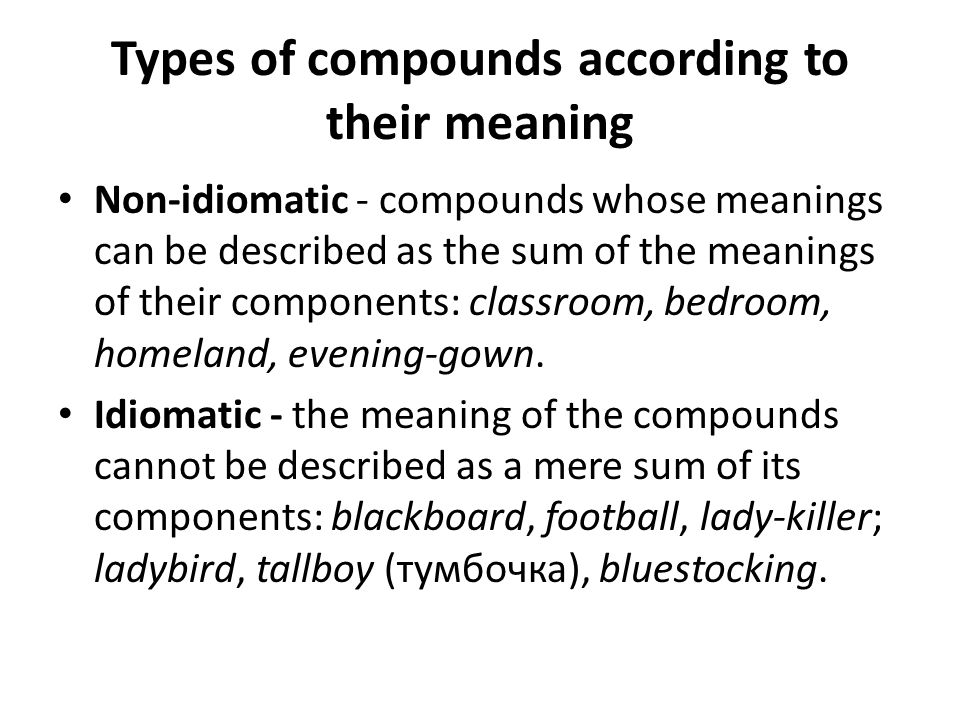 It turns out that twice two is not always four. How is it?..
It turns out that twice two is not always four. How is it?..
SMART
From English, the word "smart" is translated as "smart", "smart". It is this meaning of the word "smart" that is now used in Russia. It cannot be said that it is firmly planted in the minds of Russians, but if you do not know what a “smart watch” or “smart television”, and even more so a “smartphone”, is shame and shame on you. Simply put, the prefix (or part of the word) “smart” means “smart”: smartphone = smart phone, smart watch = smart watch, etc. As you probably noticed, the word "smart" is used specifically with high-tech items, so when using it, follow the context.
TRANSPARENT
An adjective with English roots (transparent) is held in high esteem by politicians, bloggers and even cosmetologists. The former conclude transparent agreements and voice transparent positions without secrets or omissions, while the latter swear to be as open and sincere with the audience as possible.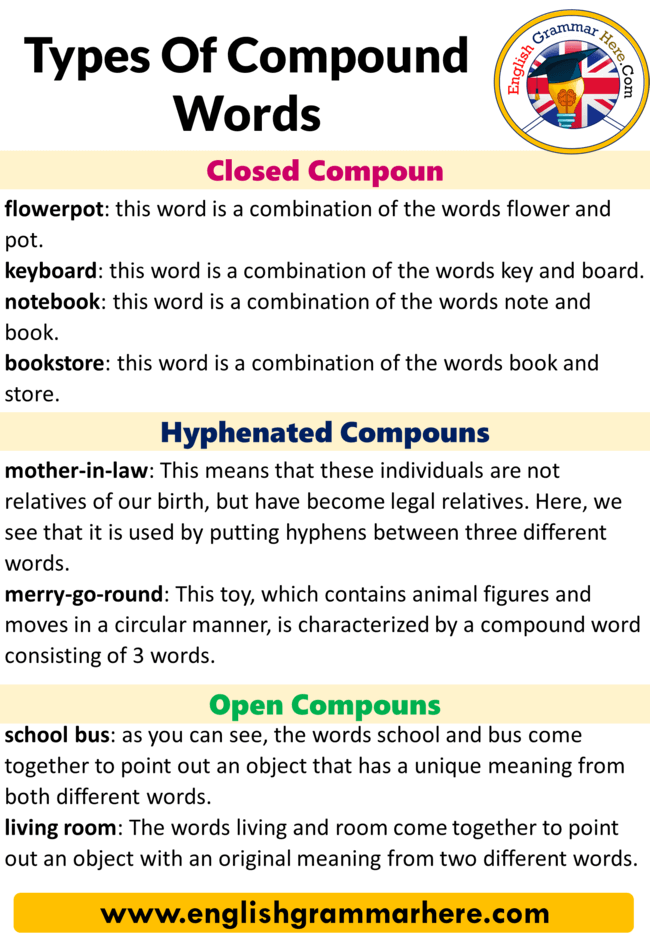 And transparent, that is, transparent powder does not look like a mask on the face and at the same time perfectly mattifies it. Yes, she can’t hide skin imperfections, but that’s another topic for conversation.
And transparent, that is, transparent powder does not look like a mask on the face and at the same time perfectly mattifies it. Yes, she can’t hide skin imperfections, but that’s another topic for conversation.
TRANSCENDENT
There is a good understandable word "incomprehensible". And when, outside of philosophical debate, one wants to give speeches intellectual depth, some flaunt the Latin "transcendent" (transcendentis) with the same meaning. And now the speaker or the writer and his audience begin to search and discuss transcendental meanings, connections, feelings... It has French ancestry, and in the native language trivial means the same thing - something ordinary. Fewer interlocutors with trivial thoughts and anecdotes, theater productions and film premieres with a trivial plot!
EXISTENTIAL
Another philosophical concept related to being, human life. The Latin word existentia is translated as "existence". There are many things that influence our days, but the use of the epithet "existential" adds to these "agents of influence" of universal scale. Existential problems, crises, experiences are phenomena that exist at the heart of the world, manifest in reality and are often beyond the control of human will.
Existential problems, crises, experiences are phenomena that exist at the heart of the world, manifest in reality and are often beyond the control of human will.
Conclusion
In general, if not all new words could immediately fit into your head, we advise you to compile a dictionary of complex intellectual words for conversation that few people know, with their meaning, of course, and use them as often as possible - in correspondence, when writing in a diary, in a conversation. Only in this way it will not become empty information that you will forget about when you close this page. And by the way: do not think that this is shameful or feigned. It is not at all shameful to look for and memorize tricky words with definitions in order to seem smart. After all, the request “complex words with explanations for smart people” is very common in Runet. Note that for already “smart people”, stupid people will not even look for this.
What you would not be advised to look for on the Internet is buzzwords for the status of a girl that no one knows.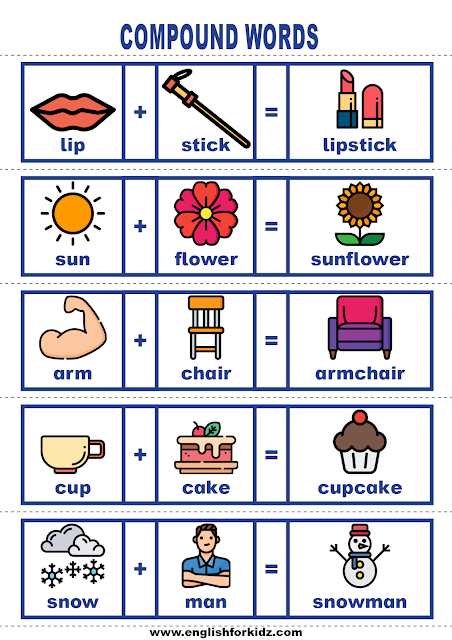 If no one knows them, why write them in the status? By the way, there is also a list with very clever synonyms for simple words that you need to know in order to shine in a conversation, but more on that some other time.
If no one knows them, why write them in the status? By the way, there is also a list with very clever synonyms for simple words that you need to know in order to shine in a conversation, but more on that some other time.
44 words that we use incorrectly
1. Autobiography
“Fill out the questionnaire and write your autobiography” — we often hear such phrases and do not think that this is a mistake from the category “butter oil”. An autobiography is a description of one's life (autos - "myself", bios - "life" and grapho - "I write"). It is impossible to write someone else's autobiography, so the use of a possessive pronoun in this case is unnecessary.
2. Ambitious
Think before you write ambitious in the column of your merits in your resume. Ambitious and purposeful person are different concepts. Ambition is heightened self-esteem, excessive self-conceit, as well as various claims and claims. The adjective derived from this word also has a negative emotional connotation.
3. Appeal - operate
These words are often confused. In fact, they are completely different. To appeal means to turn to someone or something for support: "Appeal to authority." This word is interpreted even more narrowly in legal practice: an appeal is a complaint, to appeal is to protest something. You can operate with some tools or data. “The expert operates with statistics” means that he skillfully demonstrates it. If he calls for statistical research to help, then he is already appealing to statistics.
4. A priori
This adverb is understood by many as something self-evident, requiring no proof. But in philosophy, to think a priori means to have an idea about something without having tested it in practice (from the Latin a priori - “from the previous”). The antonym is the word "a posteriori" - a judgment based on experience. So you can't be a priori sure of the meaning of a word until you look it up in a dictionary.
5. Test - try
These words are sometimes used as synonyms.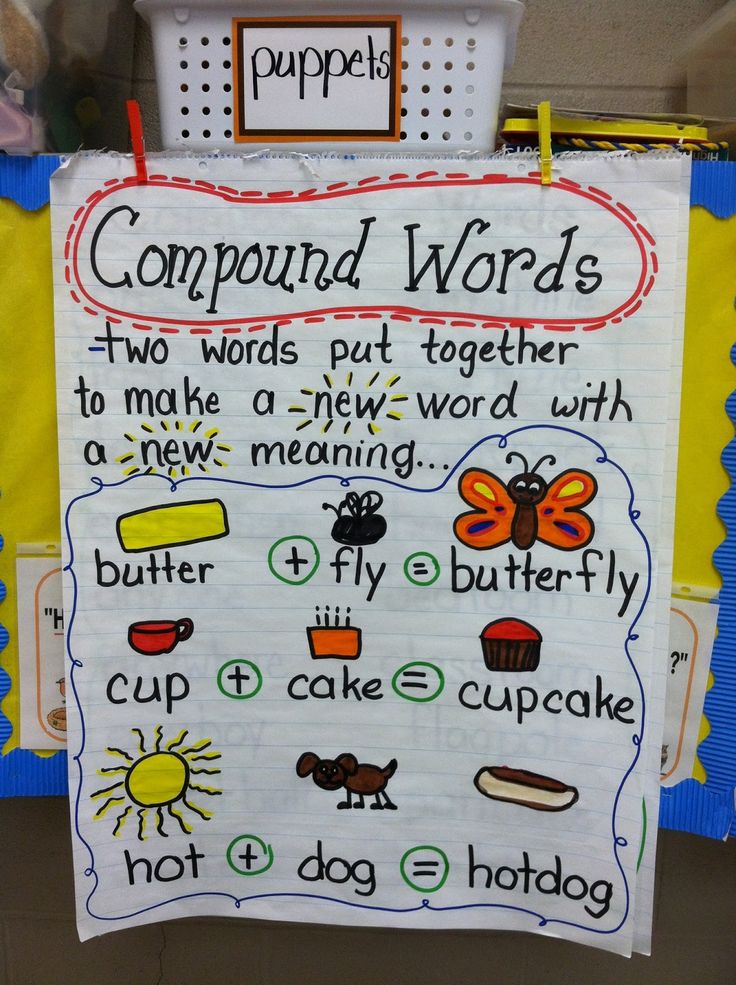 To avoid such a mistake, remember: to test means to check and approve. As a rule, we are talking about some kind of official procedures: "Scientists have tested a new medicine - it will soon go on sale." You can’t test semolina, unless, of course, this is some kind of large study, the results of which will be issued a written opinion.
To avoid such a mistake, remember: to test means to check and approve. As a rule, we are talking about some kind of official procedures: "Scientists have tested a new medicine - it will soon go on sale." You can’t test semolina, unless, of course, this is some kind of large study, the results of which will be issued a written opinion.
Test yourself 🧐
- TEST: Do you really know Russian?
6. Asexual
Sometimes this is mistakenly called an unattractive person. The term "asexual" means a weak sexual instinct. An asexual person can be cute as hell, but also indifferent to sex.
7. Authentic
Buzzword. Every now and then something becomes authentic - cafes, performances and even people. But the word "authenticity" ≠ "originality". It means authenticity, correspondence to the original. Authentic can be a contract or a product, as well as works of art.
8. Hypothesis - theory
Similar but not identical concepts.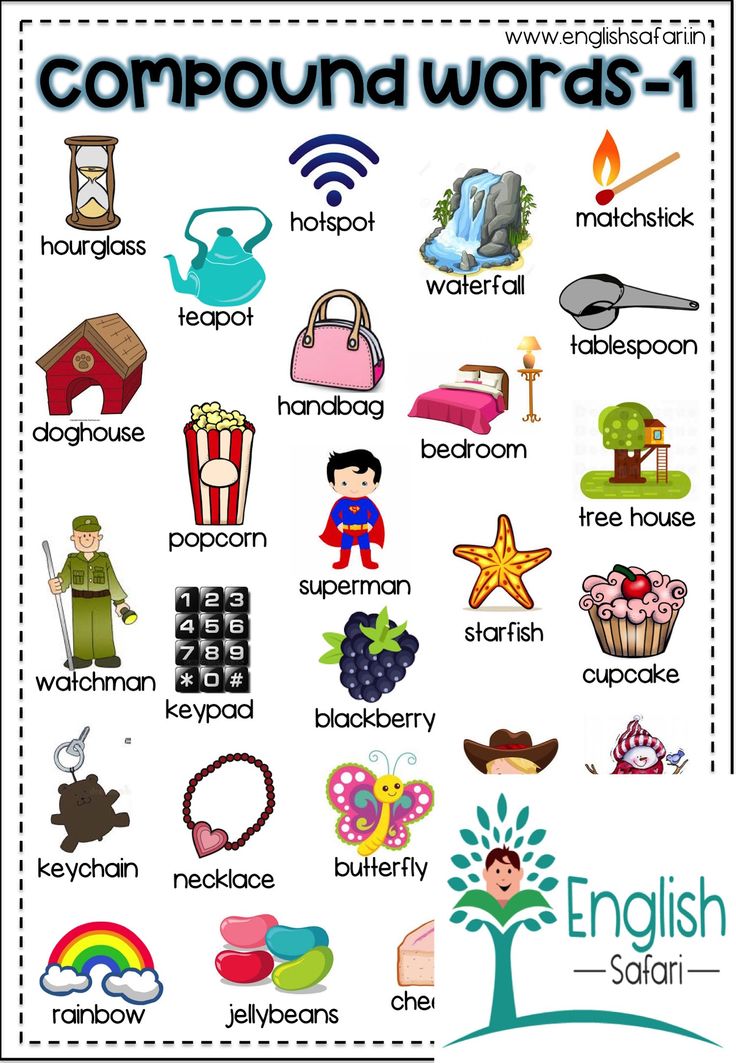 A hypothesis is a scientific assumption put forward to justify a phenomenon and requiring experimental verification. Theory (in one of the meanings) is an opinion about something, developed on the basis of observations. In other words, within the framework of any theory, a hypothesis can be put forward in order to prove certain provisions of this theory.
A hypothesis is a scientific assumption put forward to justify a phenomenon and requiring experimental verification. Theory (in one of the meanings) is an opinion about something, developed on the basis of observations. In other words, within the framework of any theory, a hypothesis can be put forward in order to prove certain provisions of this theory.
9. Dilemma is a problem
Solving a dilemma and coping with a problem are not the same thing. A dilemma is a difficult choice between two mutually exclusive options. To be or not to be? The third, as a rule, is not given. A problem is, first of all, an unpleasant situation with many or no solutions.
10. Agreement - contract
Very close concepts, but there are semantic and legal nuances. A contract is an agreement between two or more persons. According to civil law, it can be concluded both in writing and orally. A contract is always a written agreement. Moreover, according to the current legislation, one of its parties, as a rule, is the state.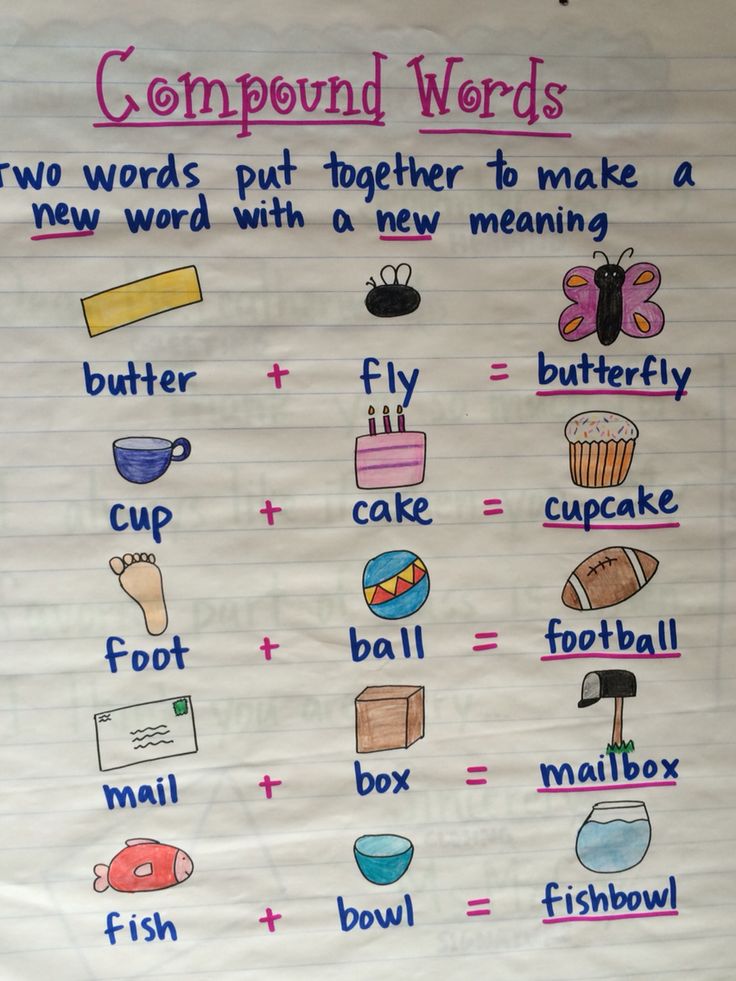
11. Significant - significant
There is also a lot of confusion with these adjectives. Significant, that is, having weight or having a special meaning, can be, for example, words. Significant is, first of all, large in size or strength; something of great importance. Therefore, the profit of the company will always be significant.
12. For — so that
These conjunctions are often used incorrectly, because they do not know their meaning. Look in the dictionary so as not to make a mistake when attaching a subordinate clause. The union “for” corresponds to the unions “because” and “since”, and “in order” to the union “so that”.
13. Ideology - ideological
These concepts cannot be substituted for each other. Ideology is a system of views that forms a worldview. Previously, the world was clearly divided into adherents of a particular political and economic ideology. Ideology is loyalty to any point of view, idea.
14. Quintessence
This word comes from the Latin quinta essentia - "fifth essence".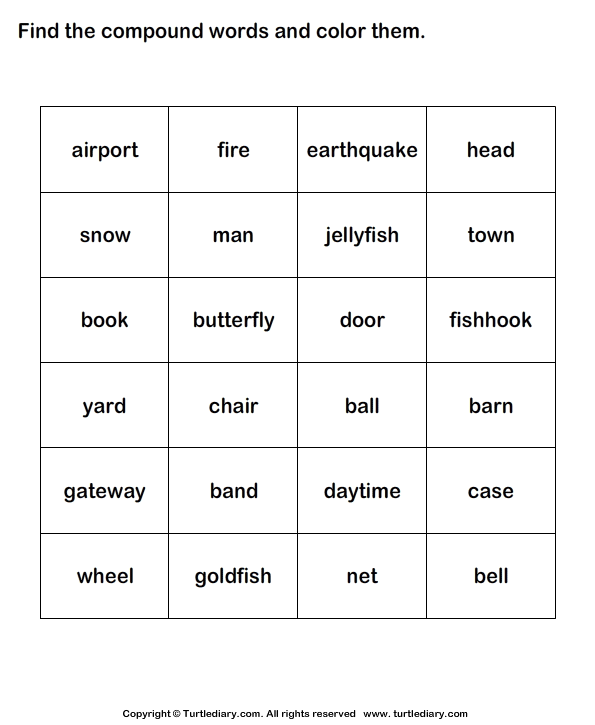 In ancient and medieval philosophy, the quintessence was called the essence, the basis of anything. Now, for some reason, this term is used when combining various concepts, for example: “The author noticed that his book is the quintessence of many genres, connecting many plots.” And this, of course, is not true.
In ancient and medieval philosophy, the quintessence was called the essence, the basis of anything. Now, for some reason, this term is used when combining various concepts, for example: “The author noticed that his book is the quintessence of many genres, connecting many plots.” And this, of course, is not true.
Find out 🤔
- QUIZ: How good are you at spelling double consonants?
15. Business traveler - business traveler
"Places in the hotel only for business travelers" - many will pass by such an announcement without suspecting a dirty trick. But a business trip is something inanimate, related to a business trip. You can't talk about people like that. A person who went somewhere to carry out an official assignment is on a business trip: “For the seconded employees, the company rented a hotel and pays them travel allowances.”
16. Comme il faut
When we hear the phrase “Call him, otherwise I am somehow not comme il faut”, we immediately understand that one person is embarrassed to dial the number of another.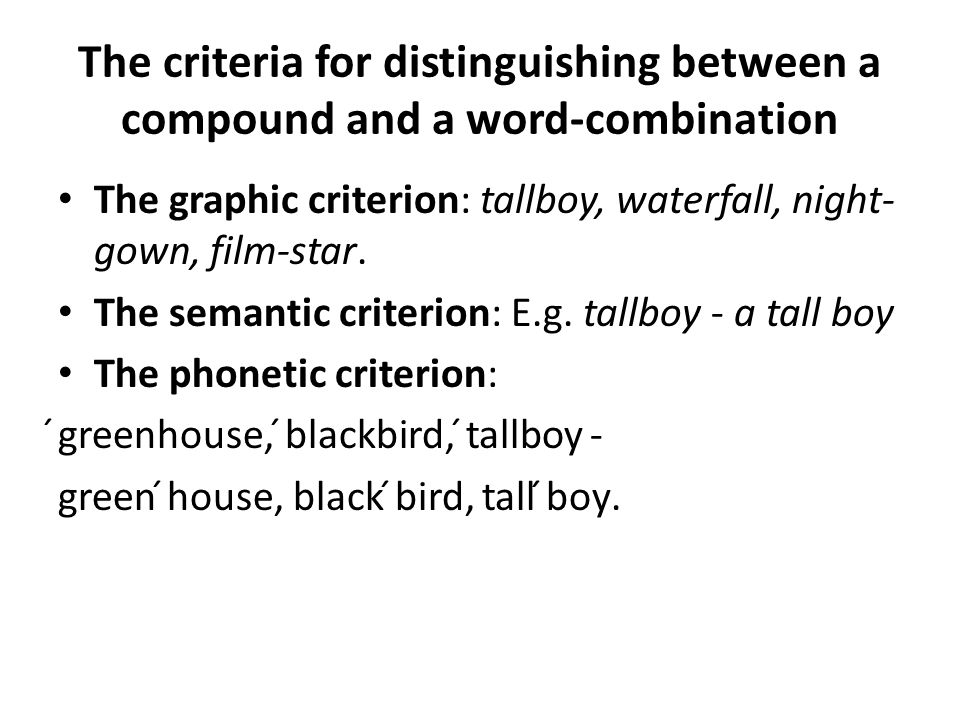 This word is often used in the sense of "convenient / uncomfortable" or "comfortable / uncomfortable." Few people know that the dictionary meaning of the word "comme il faut" is refined, refined, corresponding to the rules of good manners. “In public, he keeps himself comme il faut, but at home…”
This word is often used in the sense of "convenient / uncomfortable" or "comfortable / uncomfortable." Few people know that the dictionary meaning of the word "comme il faut" is refined, refined, corresponding to the rules of good manners. “In public, he keeps himself comme il faut, but at home…”
17. Competence is competence
Knowledge and experience in a certain area should not be confused with the ability to use them. For example, if a company has a vacancy for a lawyer, then only a person with a higher legal education (competence) can fill it. But the presence of a diploma does not guarantee the competence of applicants.
18. Congenial
Many people believe that this is a superlative form of the adjective "genius". Like, congenial - it's like ingenious, only even better. But the word actually comes from the Latin con (together) and genialis (related to genius). At the same time, “genius” in Latin is a spirit. Thus, congenial is close in spirit. A congenial person is one who is close in mindset and values.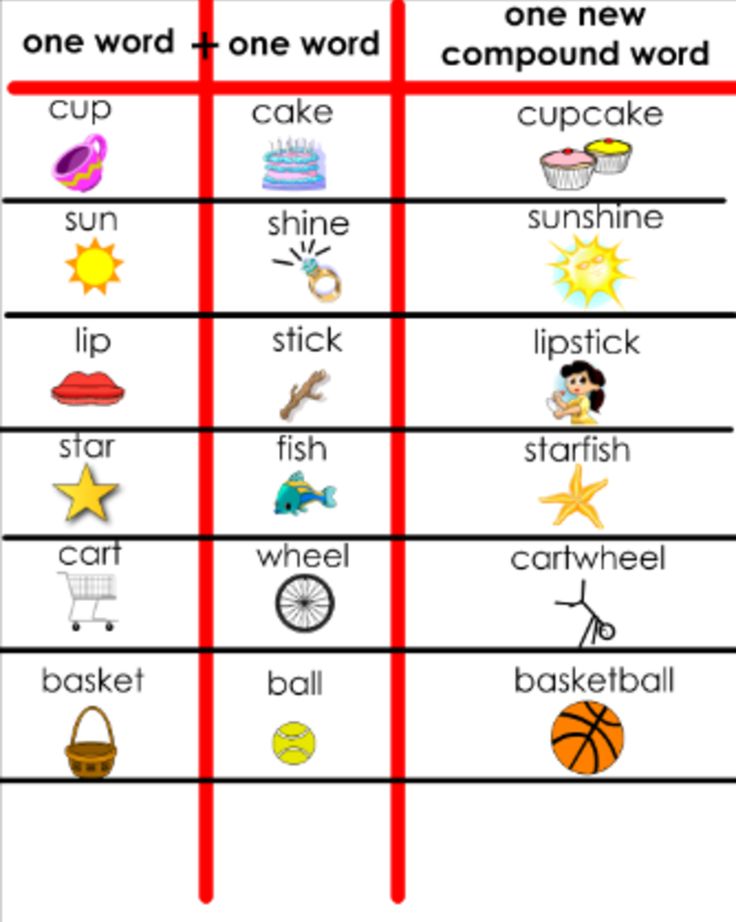
19. Credit - loan
These terms can sometimes be used interchangeably (depending on the context). However, it is important to remember the legal differences between these concepts. On credit, a bank or other credit institution issues money, for which interest is charged. The subject of a loan can be not only money, but also things, and not necessarily on a reimbursable basis.
20. Liberalism-libertarianism
Two ideological trends with similar names but different content. Liberalism unites supporters of the parliamentary system, broad political freedoms and entrepreneurship. The main feature of libertarianism is the ban on "aggressive violence". Supporters of this political trend believe that any manifestation of force and even the threat of its manifestation should be punished by law.
21. Loyal
Many people equate this word with indulgence: “If you got a teacher who was loyal, he delivered it automatically.” Let's look at the dictionary: "Loyal - loyal to the existing state power, the existing order. " Only in the second meaning - a correct attitude towards someone or something - is loyalty similar to indulgence, but it is still impossible to put an equal sign between these concepts.
" Only in the second meaning - a correct attitude towards someone or something - is loyalty similar to indulgence, but it is still impossible to put an equal sign between these concepts.
22. Marginal
When the press does not want to offend the homeless or beggars, they are “politely” called marginal. But in sociology the term is much broader. A marginal is someone who finds himself in a new situation and has not yet adapted to it. For example, a marginal position is occupied by a person who has just moved from the village to the city.
23. Misalliance - union
Following the logic that "alliance" is the root, some believe that misalliance represents some kind of union of people or states. In fact, misalliance is nothing more than an unequal marriage (the root is “misalliance”). The phrase "Misalliance of Japan and Korea" can sound ambiguous, and sometimes offensive.
24. Misanthrope
Avoids people, does not seek to communicate - this characteristic suits not only misanthropes, but also introverts.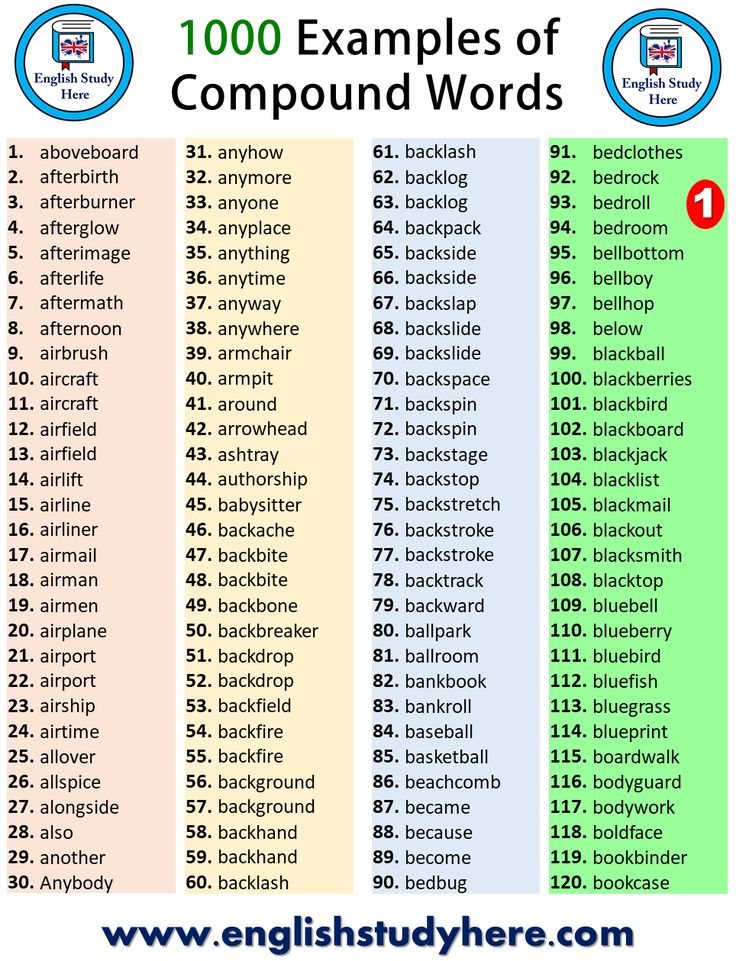 Therefore, these concepts are often confused and identified. But a misanthrope (literally, a misanthrope) does not just reduce social contacts to a minimum - people enrage him. He does not trust anyone, he sees only the bad in everything and suspects everyone of something. Misanthropy can be selective and manifest itself in hatred only for men or, conversely, for women. Introverts, for the most part, are complete darlings.
Therefore, these concepts are often confused and identified. But a misanthrope (literally, a misanthrope) does not just reduce social contacts to a minimum - people enrage him. He does not trust anyone, he sees only the bad in everything and suspects everyone of something. Misanthropy can be selective and manifest itself in hatred only for men or, conversely, for women. Introverts, for the most part, are complete darlings.
Memorize 😧
- 25 words that confuse many people to write
25. Mental - conceivable
Feel the difference with examples: “Is it conceivable to fail a session!” mother screamed in rage. “La-li-lay…” the daughter sang in her mind. Mental is imaginary, living somewhere in your thoughts. And conceivable is something that is difficult to imagine (but possible).
26. Unpalatable - unpleasant
The first word is often used as a synonym for the second: "What an unflattering type!" But to say so is wrong. In fact, impartial - impartial, fair, one who does not seek to please anyone. If someone called you an impartial person, consider that you were given a compliment.
If someone called you an impartial person, consider that you were given a compliment.
27. Intolerant - intolerable
Words similar in spelling but different in meaning. An intolerant is someone who is not tolerant, or something that cannot be tolerated. For example, an intolerant misanthrope or intolerant rudeness. Intolerable is unbearable, acting so strongly that it cannot be tolerated. Unbearable is the pain or the wind.
28. Nonsense
This word is often given the wrong meaning: “The new iPhone is just nonsense!” They wanted to emphasize the incredible coolness and sensationalism of the gadget, but they said that it was nonsense and absurdity. After all, this is the meaning of the word "nonsense".
29. Odious
Be wary if someone in your environment is called an odious person. It’s good if people just don’t know that odious is not extravagant and extraordinary, but unpleasant, causing a storm of negative emotions. And suddenly not?
30.
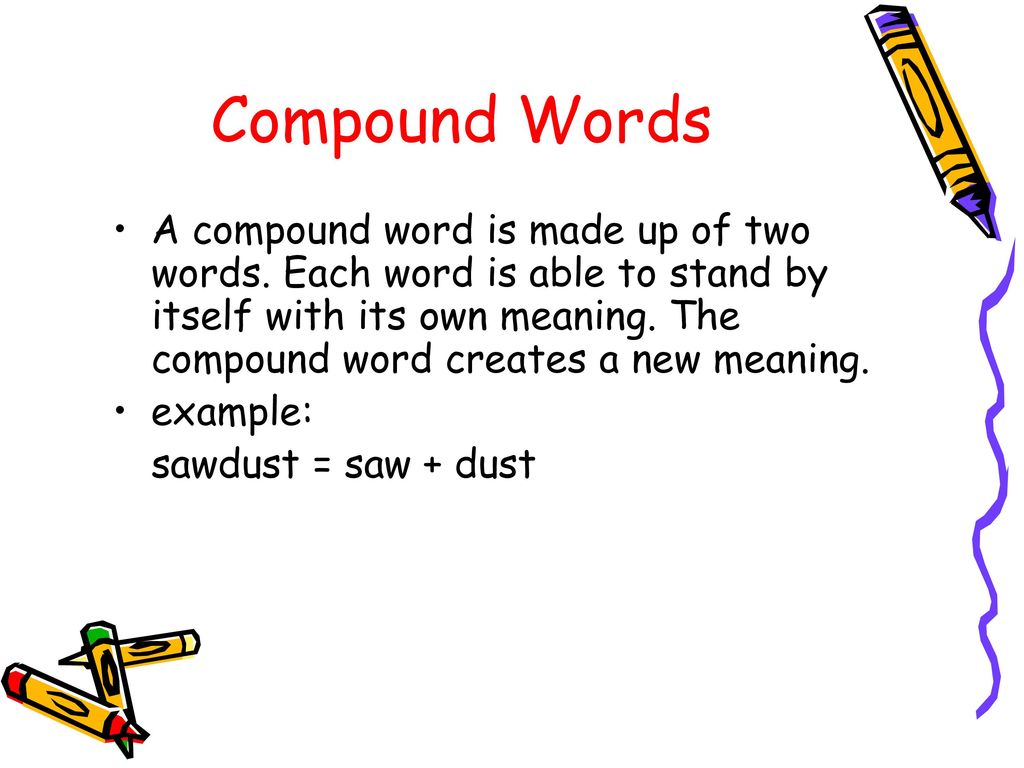 Organic — organic
Organic — organic Adjectives that are easy to get confused about if you don't understand once and for all that organic is determined by the very essence of someone or something (synonymous with natural). Organic means pertaining to a living organism. Even more narrowly - consisting of carbon. Example: "The monument to doctors struggling with organic brain lesions fits organically into the landscape of the city."
31. Paphos
This word is often understood as pretense. In fact, translated from the Greek páthos means "passion". Paphos is a spiritual uplift, inspiration. In literary works, this term denotes the highest emotional point reached by the characters and found a response in the hearts of readers.
32. Teacher - teacher
These words are often equated, although these concepts are by no means identical. A teacher is a person who is engaged in teaching or educational activities (a synonym is a mentor). A teacher is an employee of a secondary or higher educational institution who teaches a subject (a teacher of mathematics, a teacher of literature). Thus, a teacher is a kind of activity, a profession, and a teacher is a specialization.
Thus, a teacher is a kind of activity, a profession, and a teacher is a specialization.
33. Gift - souvenir
Using these words as synonyms is not always appropriate. A souvenir is a memorabilia associated with visiting a place. What we buy as a memory of a country, city or person. The expressions "memorable souvenir" or "memorial souvenir" have semantic redundancy. If the present is not related to the trip, it is better to write “gift”.
34. Under the auspices
According to ancient Greek mythology, the aegis is Zeus' cloak with magical properties. To be under the auspices means to be under the protection of some powerful force, to rely on the support of someone or something. It is wrong to use this expression in the meaning of "under the pretext". It cannot be said: "Under the auspices of consumer protection, Rospotrebnadzor conducted a raid on the city's retail outlets."
Don't do that! 😤
- 30 mistakes in written and oral speech, for which one should be ashamed
35.
 Change - change
Change - change Words that should not be mixed in written literary speech. To change means to give what is yours and receive something else instead, that is, to exchange something. To change means to make something different. The expression "He completely changed his life" is wrong, as is "She changed her maiden name to her husband's name."
36. Almost - almost
These adverbs are often confused. You can write “Almost everything remains the same” and “Almost everything remains the same”, but the meaning will be different. The adverb "practically" can be replaced by the expression "in practice" or "as a matter of fact". Then our example will sound like this: “In practice, everything remains the same” or “In fact, everything remains the same.” In other words, things are still there. The adverb "almost" means that something is missing, it can be replaced by the expression "almost". The sentence “Without a little, everything remains the same” has a different semantic connotation: something has been done, but not much.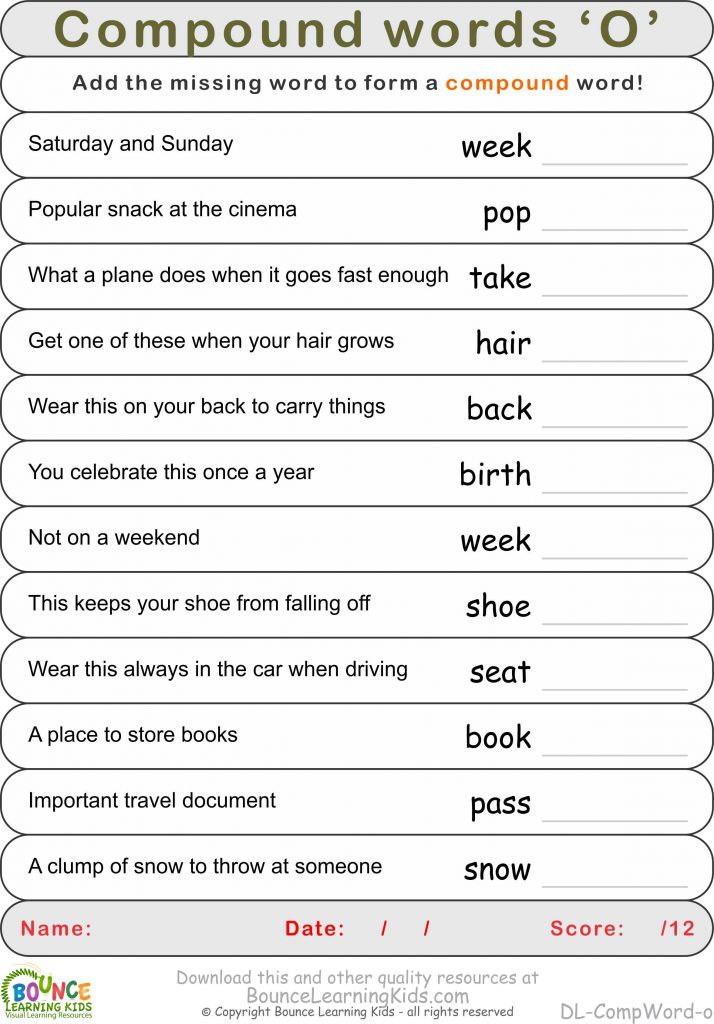
37. Painting - signature
Related words, but do not identify them. A signature is an inscription under something (under + write). For example, write a surname under the text of the contract. Painting is decorative painting on walls, ceilings or objects. From a literary point of view, the request to put a signature in the act is incorrect. You can replace a signature with a painting only in colloquial speech.
38. Today's - current
"Today", that is, referring to the current day, should not be confused with the word "current". The last concept is broader. It covers everything related to the coming year (month, summer, season).
39. Sentence
Sentences are usually understood as some statements, remarks or theses. But it is important to remember that, according to the dictionary, these should not be any statements, but sayings of a moralizing nature.
40. A sociopath is a sociophobe
The first suffers from a dissocial personality disorder, and therefore does not take into account social norms and rules, does not care about morality and constantly challenges others.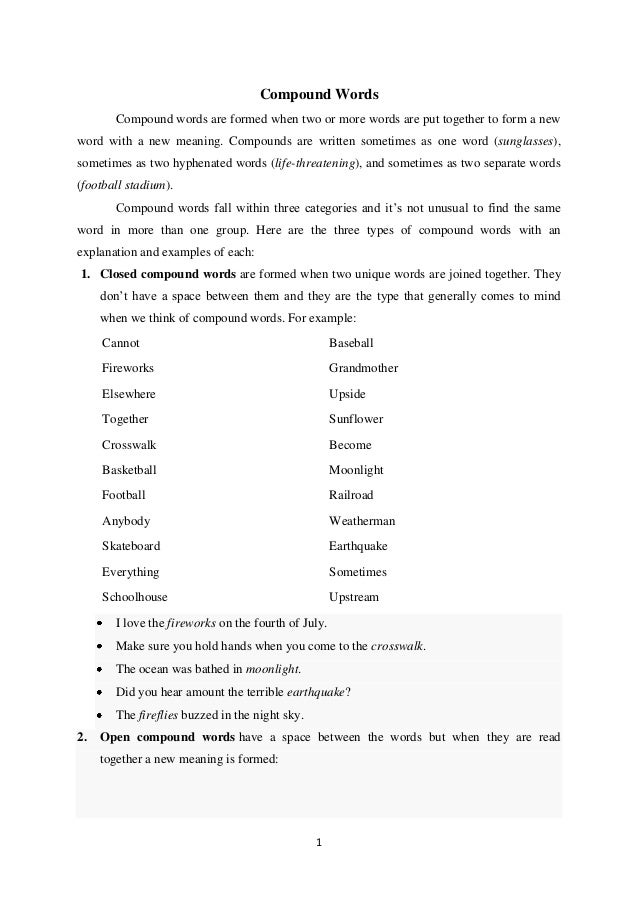 The second is a person who is afraid of society. He may be afraid to talk to a stranger on the street or be in a crowded place. Sociopathy is a type of mental disorder, social phobia is a type of phobia. It is impossible to put an equal sign between these concepts.
The second is a person who is afraid of society. He may be afraid to talk to a stranger on the street or be in a crowded place. Sociopathy is a type of mental disorder, social phobia is a type of phobia. It is impossible to put an equal sign between these concepts.
41. Typical - typical
Consonant, but different words. Do not confuse: typical - embodying the characteristic features of someone or something. Typical - this is corresponding to some sample.
42. Frustration - prostration
These concepts are often confused even by psychologists themselves. Frustration is a feeling of anxiety arising from the inability to achieve the desired. In other words, dissatisfaction. Prostration is an oppressed, apathetic state, a breakdown, when you do not want and cannot do anything.
Make no mistake 🤷♀️
- 12 borrowed words in which it is easy to make a mistake
43. Functionality is functionality
Even serious IT publications make an unfortunate mistake, calling functionality functionality and vice versa.